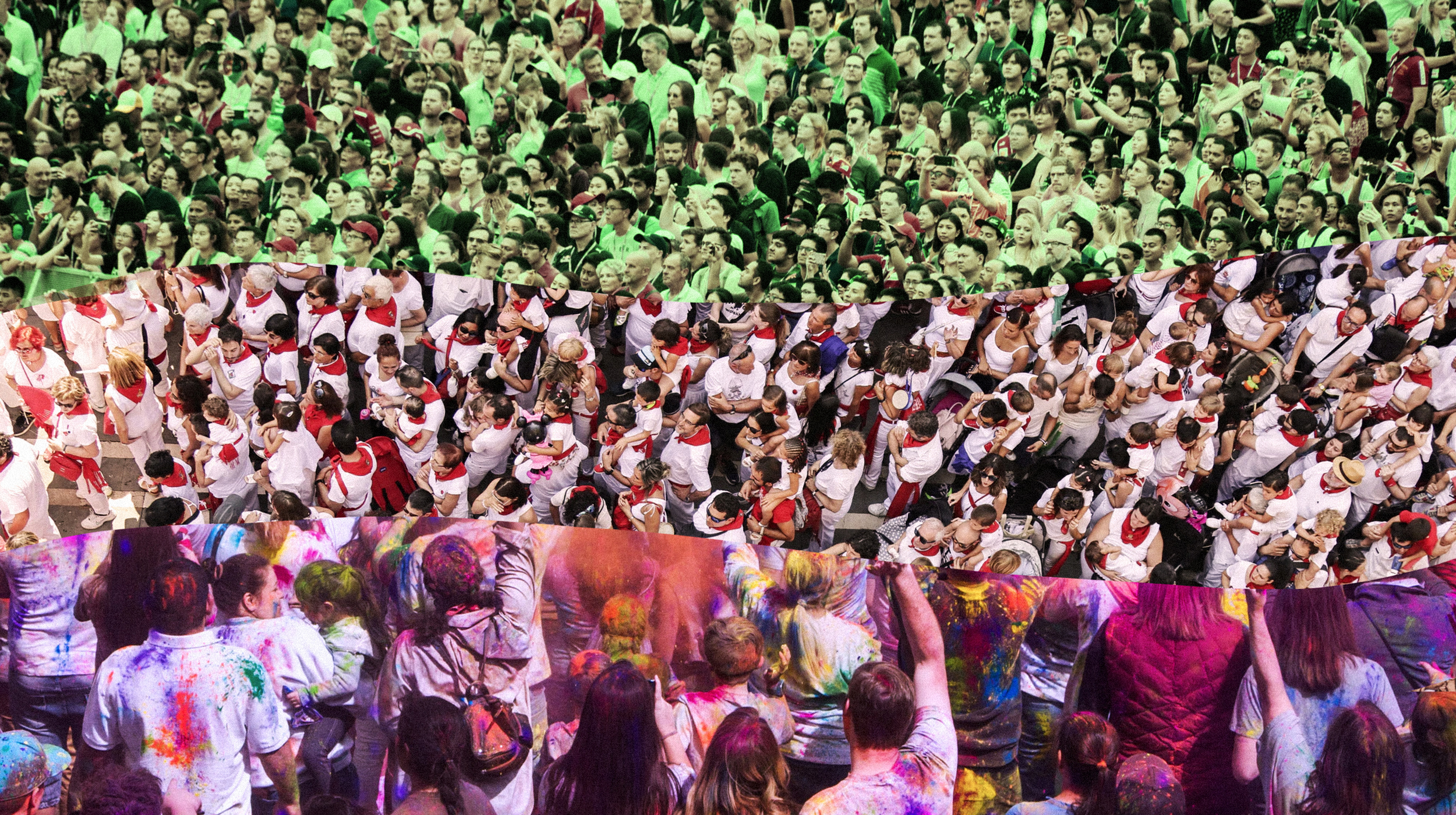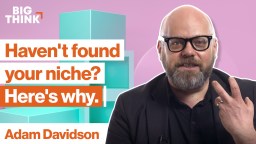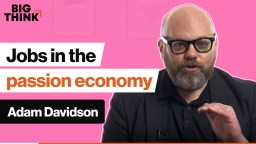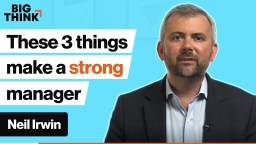personality
Participants with high levels of narcissism showed high levels of aggression, spreading gossip, bullying others, and more.
The way you speak might reveal a lot about you, such as your willingness to engage in casual sex.
Think of the nicest person you know. The person who would fit into any group configuration, who no one can dislike, or who makes a room warmer and happier just […]
New research identifies 16 different COVID-19 personality types and the lessons we can learn from this global pandemic.
Answering the question of who you are is not an easy task. Let’s unpack what culture, philosophy, and neuroscience have to say.
▸
12 min
—
with
A popular and longstanding wave of thought in psychology and psychotherapy is that diagnosis is not relevant for practitioners in those fields.
A new study looks at why mysterious voices are sometimes taken as spirits and other times as symptoms of mental health issues.
Study confirms the existence of a special kind of groupthink in large groups.
A new study found that personality growth in young adults predicted career benefits such as income, degree attainment, and job satisfaction.
Shannon Lee shares lessons from her father in her new book, “Be Water, My Friend: The Teachings of Bruce Lee.”
▸
6 min
—
with
A new survey also found that women executives believe imposter syndrome to be common among women in corporate America.
The problem is that what’s true of magnets is not at all true of romance.
If the idea of freedom bound Camus and Sartre philosophically, then the fight for justice united them politically.
Working memory is the workhorse of cognition. Having less of it has side effects.
Do we really know what we want in a romantic partner? If so, do our desires actually mean we match up with people who suit them?
According to a licensed clinical psychologist, we need to change the way we define narcissism in order to recognize it more clearly for what it really is.
A 2017 University of Wisconsin-Madison study was the first of it’s kind to show structural differences in the psychopathic brain.
Three scientists examine three dimensions of psychopathy: neurological, social, and criminal.
▸
12 min
—
with
A critical thinking framework developed by psychologists can help teach mental skills necessary for our times.
Love a good villain? It says a lot about you.
Most people don’t know what they’re passionate about.
▸
7 min
—
with
Sexuality is fluid and it’s important that people get to define it for themselves.
Humans are woefully unaware of their olfactory sense. That’s the reality we’ve been sold.
Good relationship capital can change your business forever, explains Shark Tank investor Daymond John.
▸
4 min
—
with
While we might not love the idea of deadlines, they can be cause for some of our greatest creative work.
▸
3 min
—
with
The rules have changed, and so have we.
▸
4 min
—
with
Creating a healthy, cohesive work environment leads to better productivity.
▸
2 min
—
with
An inside look at common relationship problems that link to how we were raised.
Sometimes, the more understated you are, the more positively you’ll be received.
▸
3 min
—
with
Retail therapy has been proven to make us happier, but is there a catch?





























